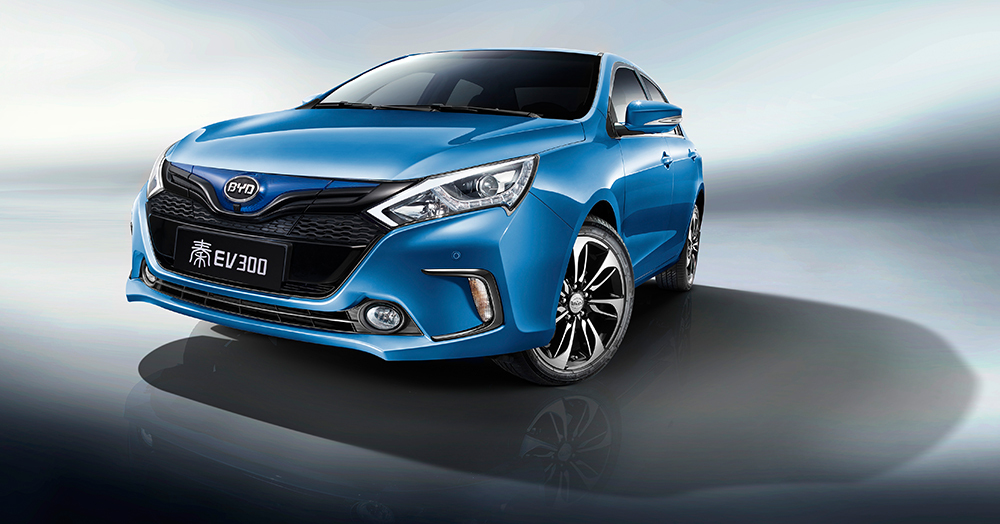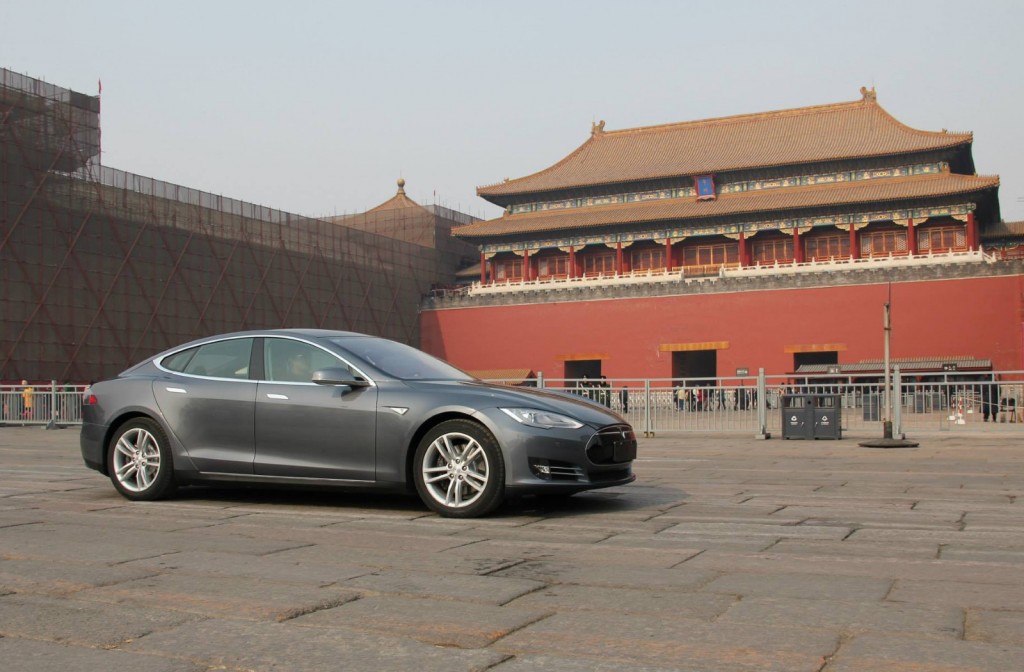The first automobile was invented in Germany in 1885 by Karl Benz, but it was the U.S. that led the building of the global 20th-century automobile industry.
Through the turn of the current century, the U.S. new-vehicle market was the world's largest, and General Motors was for decades the world's largest car company.
Neither of those is still the case—and an increasing number of analysts, commentators, and industry executives have worried that the U.S. may become less relevant to the future of automobiles in the 21st century.
DON'T MISS: China developing timetable to end sales, production of gasoline cars
The volume of concern increased after the stunning early-September announcement that China is developing plans to end the sale of new vehicles with combustion engines.
It has long been that country's government-industrial policy to dominate global production of photovoltaic solar cells, lithium-ion battery cells, and electric cars.
Last year, 17.5 million vehicles were sold in the U.S. against roughly 30 million in China.

Beijing smog
Even before it enacts a ban on sales of new cars with engines—and such a ban is likely at least 10 or 15 years in the future—China has a variety of carrots and sticks it is using to boost sales of plug-in electric cars.
Those sales are now double the number of battery-electric and plug-in hybrid cars sold in the U.S., and seem likely to soar further to 700,000 for this full year,
Xu Heyi, chairman of Chinese carmaker BAIC Group, told Reuters in October that next year's sales of so-called New Energy Vehicles would hit 1 million units, and could reach 3 million by 2020.
The Trump Administration, meanwhile, has pulled the U.S. out of the Paris Climate Agreement, promoted fossil fuels at a recent climate conference (to widespread heckling), and appears to be planning to roll back rules adopted in 2012 that steadily reduce carbon emissions from vehicles.
The "tax reform" legislation now being debated by Congress may eliminate the income-tax credit for purchase of a zero-emission vehicle, as of the end of this year—though it remains to be seen whether any tax bill will be passed, and what provisions it would end up containing.

BYD e6 electric taxi in service in Shenzhen, China

2016 BYD Tang plug-in hybrid SUV, made in China

BYD Qin EV300
None of this is good news, and in mid-October, several different outlets weighed in with their worries.
"Beijing is ... creating a sweeping change in the automotive industry that will impact the ... cars available in other countries as well," wrote utility expert Constance Douris in Forbes on October 16, noting that Chinese buyers can choose among 75 different models that plug in. (The U.S. figure is 10 to 25 depending on what state a buyer lives in.)
"China is winning the future; here's how," wrote reporter Fareed Zakaria in an opinion piece for The Washington Post on October 12.
Most pointedly, Ashley Feng and Sagatom Saha, a pair of research associates at the Council on Foreign Relations, wrote in Fortune on October 17, "China is poised to take over this industry; America can't let it happen."
All three pieces cover similar ground, with the last one most explicitly concerned over China's clear desire to dominate the future of the global automobile industry.
While the country has yet to export cars to North America in any volume, that may not be necessary for it to do so.
Its domestic makers—unlike those of England, Germany, Japan, and South Korea, which built export-focused global carmakers—have little need for export sales, given the size of their domestic market.
And if China comes to dominate electric cars, it may control the future of the industry.

2014 Tesla Model S in China
Meanwhile, the best-selling vehicle in the U.S. remains the Ford F-Series full-size pickup truck, which is essentially irrelevant outside North America.
For the last word, we reached out to old China hand Michael Dunne, of the Dunne Automotive consultancy. His words were ominous:
I'm not sure people have even come to terms with the fact that China produces and buys more cars than anyone. And we're going on the eighth year of that.
China's looking to put a wallop on the world. They like that we're asleep.
_______________________________________













